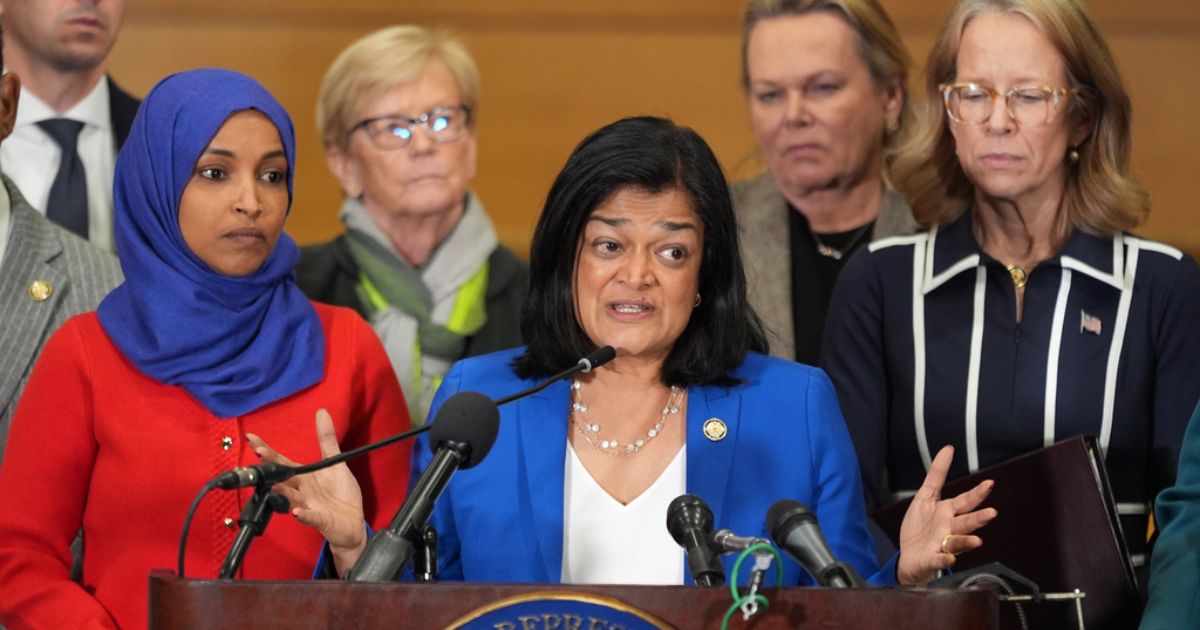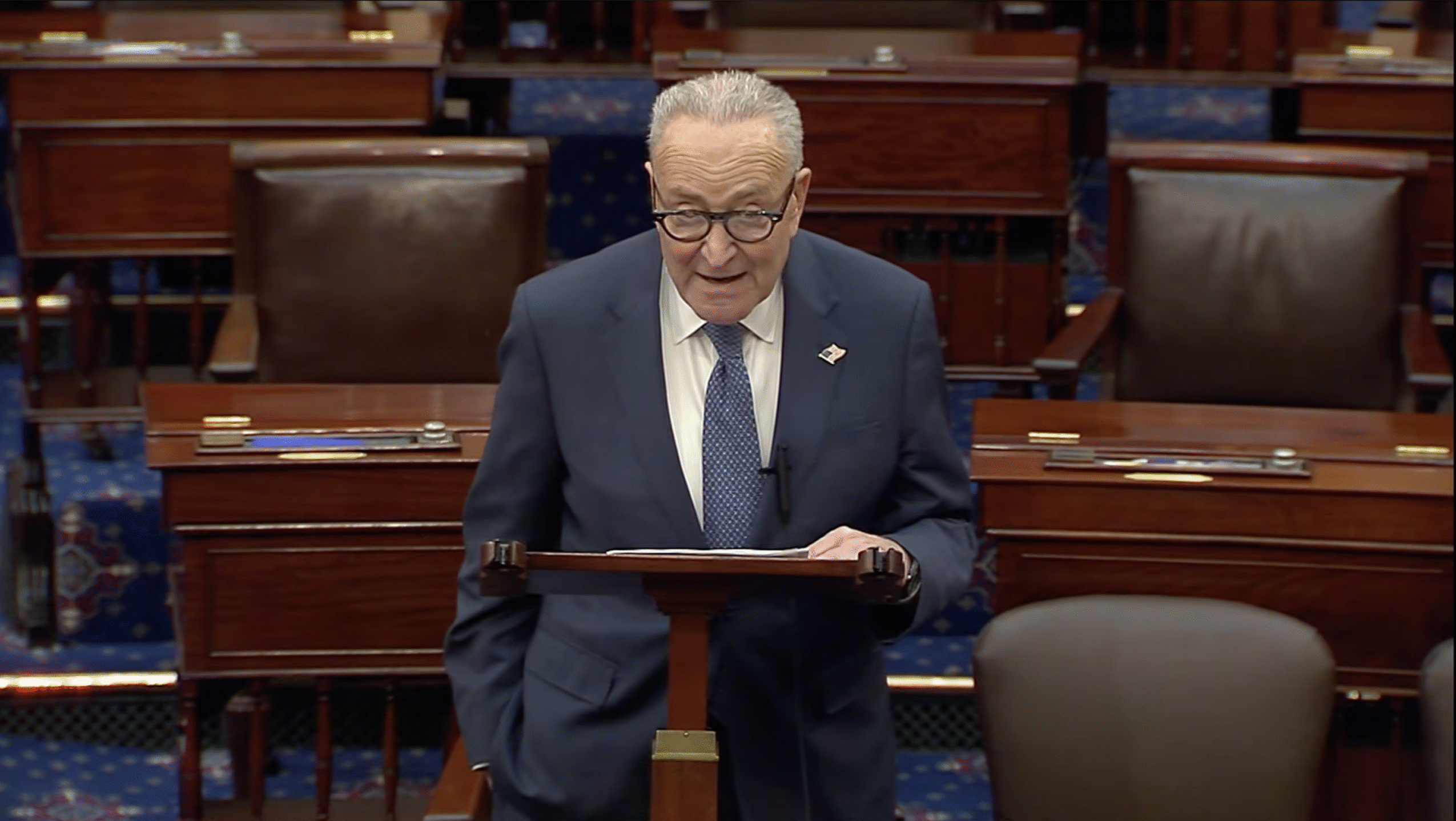White House asks Supreme Court to allow pause on Congress-approved foreign aid
The White House has requested the Supreme Court to permit the management to pause foreign aid funds that were previously approved by Congress. This move aims to resolve a longstanding legal dispute that dates back to the early months of President Donald Trump’s second term. On August 13, the U.S. Court of Appeals for the D.C. Circuit overturned a lower court order requiring the release of the frozen funds, siding 2-1 with the administration. The Trump-era Department of Justice has now asked the Supreme Court for final clarity on the executive branch’s authority over foreign aid spending.
The DOJ emphasized that the injunction forcing the release of funds is erroneous and argued that disputes about appropriated funds should be handled between the legislative and executive branches, not the courts. This issue traces back historically to President Thomas Jefferson’s withholding of funds during the Louisiana Purchase negotiations. The DOJ is seeking a Supreme Court ruling by September 2 to allow time to plan spending, notify Congress, and coordinate with recipient governments and NGOs. Attempts by NGOs to sue the Trump administration over the withholding were unsuccessful, as the DOJ maintained this is a political, not judicial, matter.
White House asks Supreme Court to allow pause on Congress-approved foreign aid
The White House asked the Supreme Court to approve the administration’s pause on congressionally appropriated foreign aid, aiming to bring a conclusion to a legal saga that has stretched since the first months of President Donald Trump‘s second term.
On Aug. 13, the U.S. Court of Appeals for the District of Columbia voted 2-1 to overturn a lower court’s order requiring the administration to pay out the funds, which were frozen earlier this year. Trump’s Department of Justice filed a motion on Tuesday seeking final clarity in the legal battle, asking the Supreme Court to clear up the executive branch’s jurisdiction over foreign aid.
Regarding the Aug. 13 decision, the DOJ noted “the en banc court, without granting review, has refused either to stay the injunction or to issue the mandate, leaving the government subject to an injunction that the panel held to be deeply erroneous.”
“The government is thus forced to ask this Court to give effect to the D.C. Circuit’s decision, which correctly held that private parties cannot enlist Article III courts to supplant the interbranch dialogue regarding the expenditure of appropriated funds,” it added.
The filing gave a deep history of the battle over appropriated funds, going back to former President Thomas Jefferson’s decision to withhold $50,000 appropriated for gunboats on the Mississippi River during negotiations for the Louisiana Purchase.
APPEALS COURT SAYS TRUMP CAN CUT $2 BILLION IN FOREIGN AID
The DOJ is seeking a decision from the Supreme Court by Sept. 2 in order to give it enough time to develop spending plans, notify Congress, and negotiate deals with governments and NGOs poised to receive foreign aid.
NGOs attempted to sue the Trump administration over the impoundment of foreign aid funds, but the DOJ was able to successfully argue that the dispute over foreign aid must be decided between the political branches of the government.
" Conservative News Daily does not always share or support the views and opinions expressed here; they are just those of the writer."



